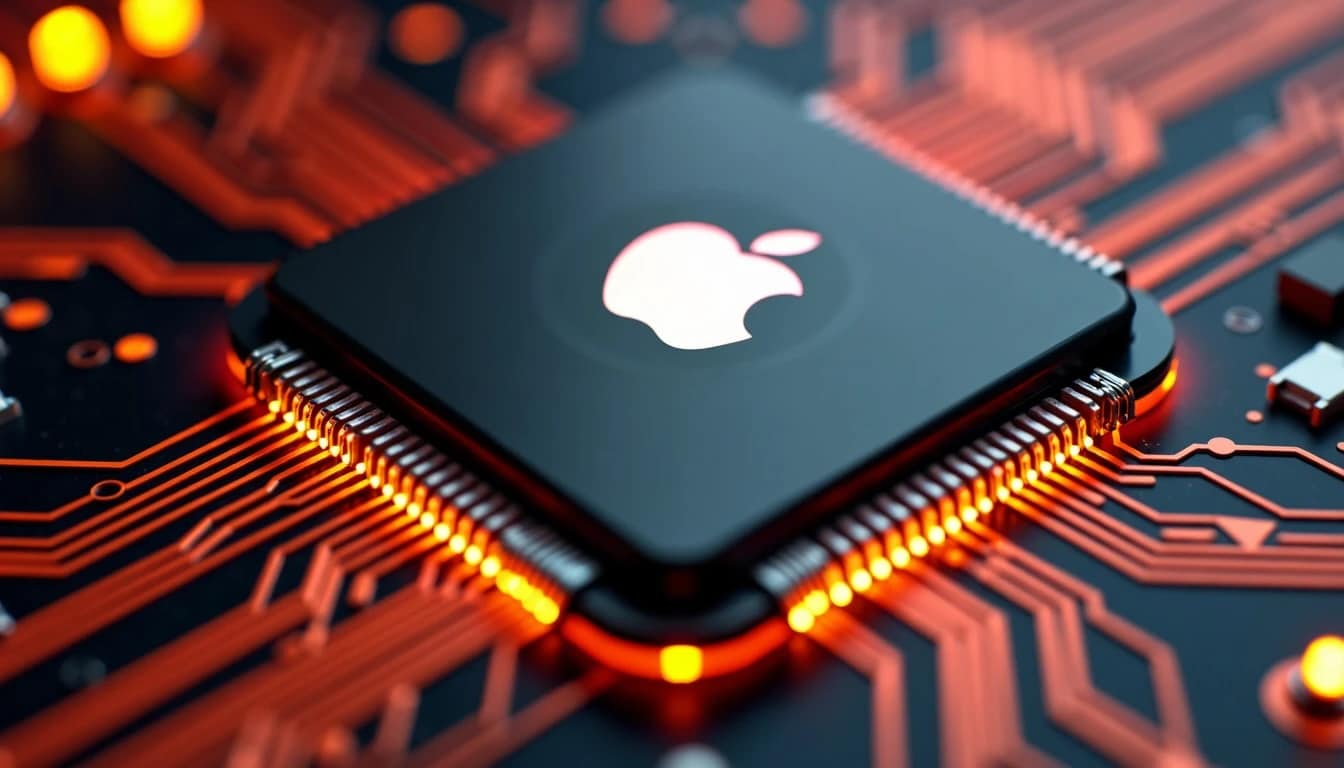Since Apple began the transition of its Macs to Apple Silicon processors in 2020, support for Intel-based models has been gradually decreasing. Now, with the release of macOS Sequoia, only a few Intel models remain compatible, marking a turning point for users who still rely on these machines.
Current Status of Intel Mac Support
With the latest version of macOS, the Mac models with Intel processors that still receive updates include:
- Mac mini (2018)
- iMac (2019-2020)
- iMac Pro (2017)
- MacBook Air (2020)
- MacBook Pro (2018-2020)
- Mac Pro (2019)
These devices are nearing the end of support, as Apple typically provides five years of software updates for its products. Models like the iMac Pro 2017, which has already surpassed this period, stand out as exceptions due to Apple’s focus on catering to professional users.
When Will Support End?
macOS 16, expected to be released in 2025, is anticipated to be the last version compatible with Intel Macs, ensuring that most of these models receive at least five years of support from their launch. Starting in 2026, with the release of macOS 17, Apple will likely stop supporting Intel processors altogether, marking a complete transition to Apple Silicon.
Additionally, Apple will continue to offer security patches for two more years after feature updates end, extending security support for these devices until approximately 2028.
Why Apple Silicon Has Overtaken Intel
The transition to Apple-designed processors has brought multiple benefits that surpass Intel technology in several areas:
- Increased Performance: Apple Silicon chips, such as M1, M2, M3, and the recent M4, offer superior speeds and better handling of intensive workloads.
- Energy Efficiency: Macs with Apple Silicon have significantly longer battery life.
- Optimized Compatibility: Apple can implement software and hardware improvements more rapidly due to its complete control over chip design.
What Should Intel Mac Users Do?
While Intel Macs can still operate for several more years, users should consider upgrading to a Mac with Apple Silicon to ensure compatibility with future macOS versions and take advantage of technological advancements.
A top recommended option is the MacBook Air M2, which is currently available with 16 GB of RAM for $1,199. This model is ideal for those seeking a balance between price, performance, and longevity.
Conclusion: The Future of Macs
Support for Intel Macs is coming to an end, closing an important chapter in Apple’s history. With the focus now entirely on Apple Silicon, users can expect faster and more efficient innovations in the coming years.
Upgrading to the latest Macs will not only ensure future compatibility but also enable users to fully take advantage of the new hardware and software capabilities that Apple is developing. In a constantly evolving tech market, staying up to date is key.

